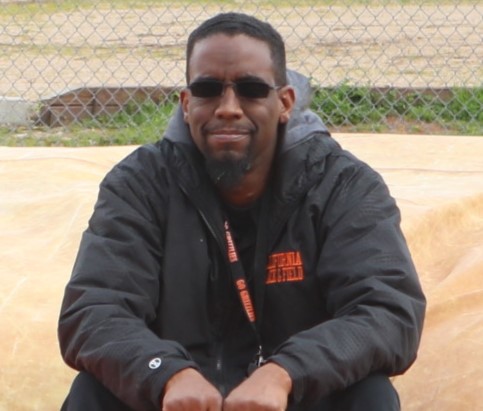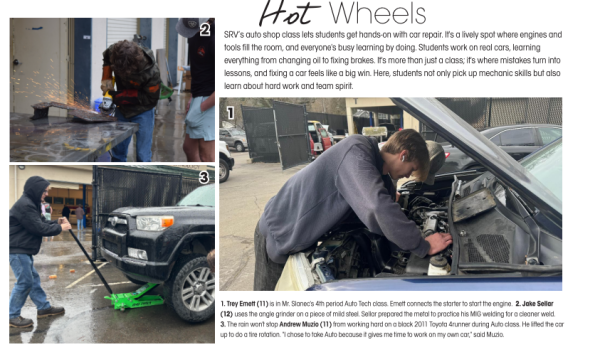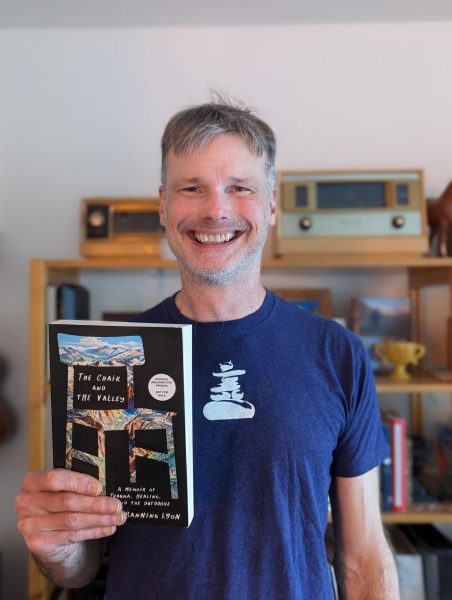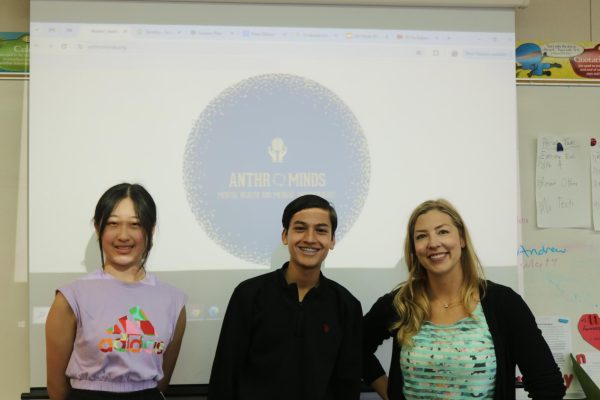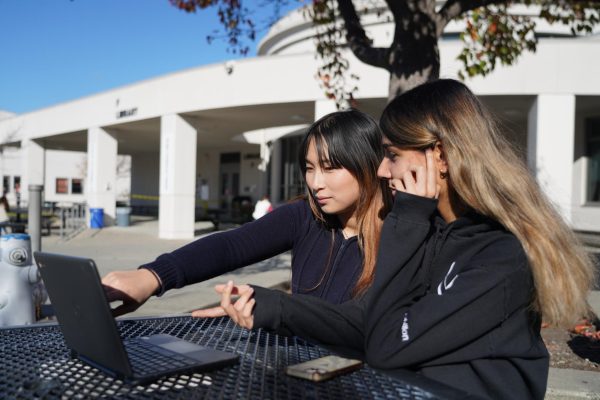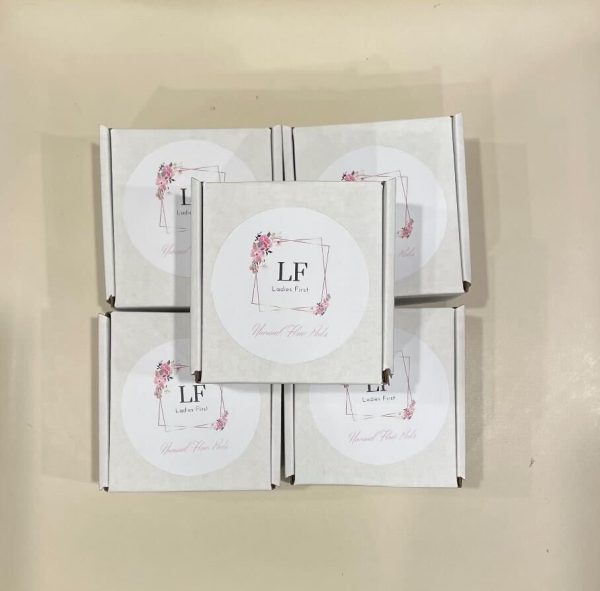Students lead the way in AP Lit curriculum
Teacher Wade Wilgus implements new learning strategy for English class
AP English Literature teacher Wade Wilgus teaches his senior students. Wilgus just started teaching at Cal this year.
The AP English Literature and Composition students have had an unorthodox year so far.
Most English classes, especially AP classes, tend to follow a set curriculum or set of guidelines. But Wade Wilgus, Cal’s first-year AP Lit teacher, has had other plans since taking over in September.
Wilgus has instead opted to teach AP Lit through an unconventional approach by choosing to have his students pick what works of literature they will decipher and analyze in class.
“I asked my students what they wanted to do, and we spent a couple of weeks discussing and debating what to read,” Wilgus said. “Inevitably [we decided] on a number of books that met the key requirements for the AP Lit curriculum.”
AP Lit is a course that generally has a heavy emphasis on literature and other works that have a tendency to primarily focus on English text with British backgrounds, such as works by William Shakespeare and Charles Dickens.
But some students feel they have experienced such works to a point of oversaturation.
“I feel as if works by Shakespeare and other well-known authors have been repeatedly assigned to us for way too long,” senior Pranav Akella said. “Which is why I’m happy that AP Lit is taking a different approach by using text that relates better to us students.”
Wilgus picked up on this fact and realized the only way to keep students attentive and engaged during class was to expose them to works that they themselves would be interested in reading.
“Previously at Cal High, the AP Lit course was just a British [literature] course,” Wilgus said. “Because I have so many south and east Asian students, I wanted to give them a chance to read something outside of the British literary tradition. I wanted them to read something from the American literary tradition.”
This sentiment was further supported by previous AP Lit teacher and current librarian Jessica Bailey.
“I think having students read widely is always a positive, and uplifting those voices are always positive,” Bailey said. “I think the skills of analysis are the same, no matter the vehicle that you may be using.”
AP Lit students also are happy with this change, since they get to choose what they learn. Wilgus’s duty is to determine how he wants his students to analyze the works of literature that are covered in class.
“We once read a poem in class that was originally an Urdu poem, but was translated to English,” senior Spandan Kottokota said. “ I prefer stuff like this because it’s different from the norm of what English classes are usually like.”
Wilgus additionally designed an unorthodox final project that was geared to test his students’ problem-solving and teaching skills.
“We essentially had to take the steps we’ve learned about analyzing poems in class, and find a way to break them down,” senior Dylan Burlingame said. “Those fragments are then turned into comprehensible pieces, which could be processed by someone like a first grader to teach them how to analyze a poem.”
Added senior Marcus Cerezo, “Initially there was a plan to involve social media to share the works of students across a larger audience. Though, as the project went along, that aspect became more of an idea rather than a part of the final.”
Even though the social media aspect of the final was no longer necessary, a number of students still chose to spread their work across the internet.
“There were no guidelines on how restrictive students could be with the final project,” Kottakota said. “Students used a variety of mediums like presentations, infographics, and YouTube videos that they could easily share over social media.”
Students taking AP Lit this year are content with a different approach than in prior years and are happy to be the ones who choose what is being taught to them rather than someone else.
And Wilgus is being applauded by many students for his outside-the-box way of incorporating other cultures into the AP Lit curriculum.
“I prefer this approach because it allows us to have input on what we want to read,” Kottakota said.

Senior Zaki Humayun is returning for his second year as a writer for The Californian. When he's not busy writing the best stories known to mankind, he's...

Junior Riya Reddy is back at it again for her second year of being a staff writer for The Californian. In her free time she loves to eye shop and obsess...
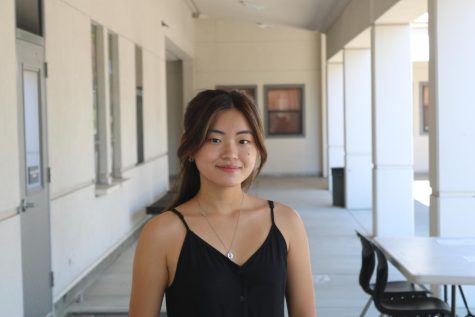
Senior Daphne So back again at the Californian for her third year, this time as co-Editor-in-Chief. She has a crippling YesStyle addiction, which is the...





